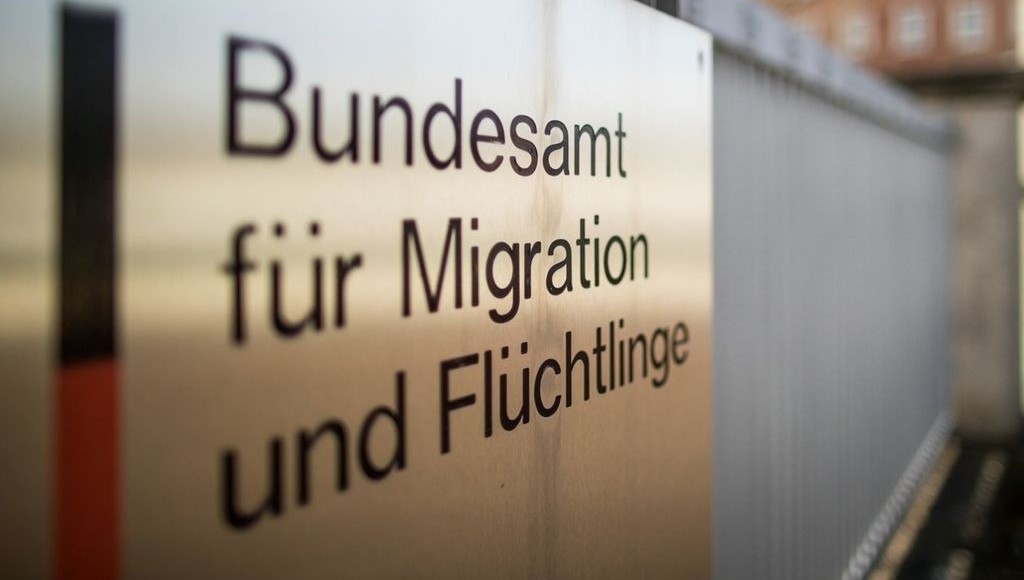Germany has seen a significant decline in asylum applications from Turkish citizens in the first quarter of 2025, according to data released by the Federal Office for Migration and Refugees (BAMF).
A total of 3,755 Turkish nationals applied for asylum in Germany from the beginning of January to the end of March, marking a 61.2 percent drop compared to the same period last year. The decline was part of a broader trend, with fewer applications also coming from citizens of Syria and Afghanistan — traditionally the top three countries of origin for asylum seekers in Germany.
Applications from Afghan nationals fell by 42.5 percent in the first quarter, with 5,616 individuals filing for asylum.
While comparative data across Europe for asylum applications in March has yet to be released, the downward trend in Germany is continuing. The country registered a total of 10,647 asylum applications in March, including 8,983 first-time applications. This represents a 19.7 percent decrease from February and a 45.3 percent decline from March 2024.
As of February 2025, Germany lost its position as the top destination for asylum seekers in Europe — a title it had held for years. According to BAMF, France received the highest number of applications in February with 13,080, followed closely by Spain with 12,975. Germany ranked third with 12,775 applications.
However, on an annual basis, Germany remained the leading destination for asylum seekers in 2024, receiving a total of 250,615 applications. It was followed by Spain with 166,175 and Italy with 158,605.
The sharp drop in the number of Turkish asylum seekers in Germany contrasts with recent years in which applications from Turkish citizens steadily increased, driven by political repression, economic instability and concerns over the erosion of democratic freedoms under the rule of President Recep Tayyip Erdoğan.
Experts say the sharp drop in Turkish applications could be tied to several factors, including stricter border controls across the EU, tighter asylum policies in Germany or changing migration routes. Others suggest that fear of deportation or stalled asylum processes may be discouraging potential applicants.
Despite the decline, Germany, which hosts the largest Turkish diaspora in Europe, has long remained a key destination for Turks fleeing political persecution or seeking better economic opportunities. Following a 2016 coup attempt in Turkey, thousands of academics, journalists and civil servants sought asylum in Europe, particularly in Germany, amid a sweeping crackdown by the Turkish government.


